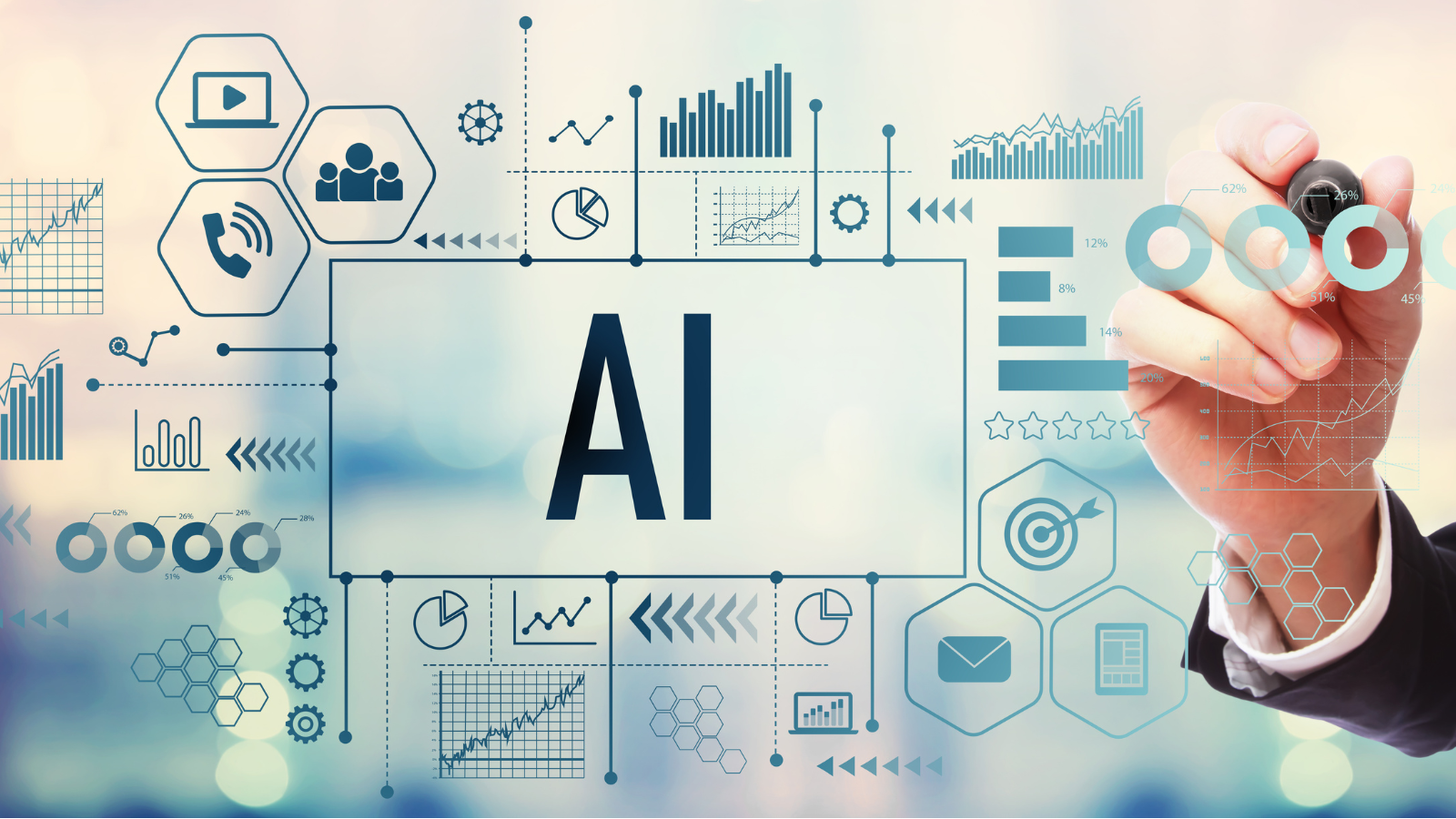


Artificial Intelligence (AI) has been the technology buzzword for years, however, the recent developments of more advanced natural language processing (NLP) algorithms that enable more natural and intuitive human-machine interactions, have been taking the world by storm and made AI the talk of the year.
Although AI-led innovation and creativity are undoubtedly revolutionizing businesses worldwide, their implementation has also sparked concerns over potential abuses and misuse. To ensure the best possible use of AI, bridging these two sides by carefully weighing the potential risks and benefits and implementing responsible policies and practices is crucial.
AI is rapidly penetrating the pharmaceutical industry and healthcare sector, bringing significant opportunities that can transform the industry. From drug discovery to clinical trials, AI is being leveraged by pharmaceutical companies to foster innovation while accelerating drug development, reducing costs, and delivering better outcomes across the value chain.
The healthcare industry applies various AI technologies, such as machine learning (ML), natural language processing (NLP), and robotic process automation, to enhance patient care and outcomes. ML is the practice of using algorithms to parse and analyze large amounts of data, to learn from it, and to identify patterns, in order to make a determination or a prediction about the future state of any new data sets [1].
Neural network models and deep learning algorithms are being used to analyze imaging data and detect clinically significant elements at early stages.
Similarly, NLP is being used to comprehend human speech and derive its meaning and is increasingly incorporating ML techniques to explore unstructured data in medical records, to aid in diagnosis and treatment decisions. These developments are leading to more precise and rapid diagnoses, and customized treatment interventions for patients [2].

Some of the ways AI is being applied in the pharmaceutical industry today include:
The pharmaceutical industry can benefit from a range of possibilities with the use of AI to improve processes and make production more efficient with faster output and less waste. These include optimizing process design and control, implementing smart monitoring and maintenance, reducing materials waste, and monitoring trends to enable continuous improvement. AI can also work in conjunction with other advanced manufacturing technologies, leading to a digitized, hyper-connected ecosystem and a controlled value chain for manufacturers [3].
AI could assist pharma companies to speed up the drug discovery process by identifying new drug targets and predicting drug efficacy and side effects. It can be effectively used in different parts of drug discovery, including drug design, chemical synthesis, drug screening, polypharmacology, and drug repurposing.
The development and testing of a new drug create a new galaxy of information. AI tools enable scientists to analyze vast amounts of data quickly and efficiently, bringing to light insights helpful to identify potential drug candidates with higher accuracy than traditional methods.
The pandemic showed AI’s potential for accelerating progress towards drug discovery, playing a key role in developing effective vaccines within a year of the virus first being detected.
The first AI-designed drug candidate to enter clinical trials was reported in 2020, when researchers developed an AI-generated compound for treating obsessive-compulsive disorder [4].
AI is being used to analyze vast amounts of data and identify patterns that can help doctors improve the prediction accuracy, speed, and efficiency of the diagnostic process and treat diseases more effectively.
AI algorithms can analyze medical images (e.g., X-rays, MRIs, ultrasounds, CT scans, and DXAs), large amounts of patient data, including medical 2D/3D imaging, bio-signals, vital signs, demographic information, medical history, and laboratory test results. The combination of multiple data sources can provide a more complete picture of a patient’s health, supporting healthcare providers make more informed decisions about patient care, and providing accurate prediction results [5].
Clinical trials are essential for testing new drugs and therapies and determining their safety, and efficacy. AI can be a valuable tool in guiding trial development and providing checks to ensure accuracy and clarity.
By analyzing data from previous trials and electronic health records, AI can accelerate clinical timelines, by identifying suitable patients who meet specific criteria.
AI can also help in monitoring and retaining patients during clinical trials by analyzing data from wearable devices and other sensors and detecting potential issues or adverse reactions in real-time.
AI-enabled analytics can help researchers make sense of the vast amounts of data generated during clinical trials by identifying trends, patterns, and correlations that can support decision-making and lead to better outcomes.
Conclusion
Artificial Intelligence has firmly established its presence in the pharma industries and we can surely predict that it’s here to stay. It can be implemented in almost every aspect of the pharmaceutical industry right from drug discovery and development to manufacturing and commercialization.
By offering an efficient, cost-effective, and streamlined approach, AI systems can assist pharmaceutical companies in promoting profitable innovation and improving business outcomes, while also enhancing patient care.
Several pharmaceutical companies have already embraced the digitalization era and are investing in Artificial Intelligence (AI). While it is too soon to predict the future impact of AI on Pharma the significant improvements achieved so far offer hope for faster delivery of more effective drugs to patients in need.
References:
△